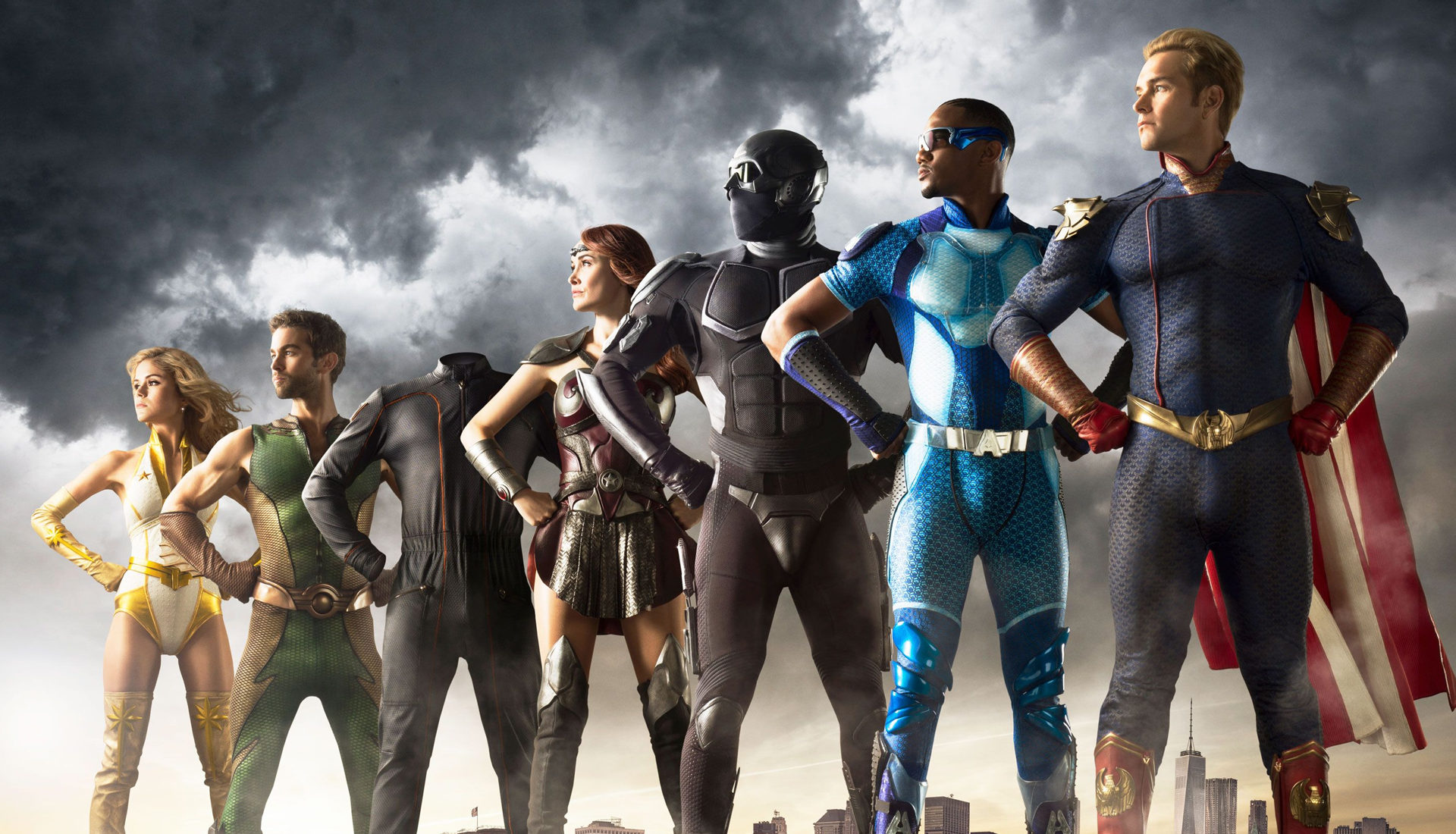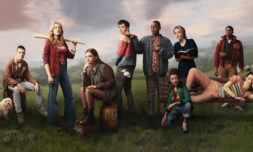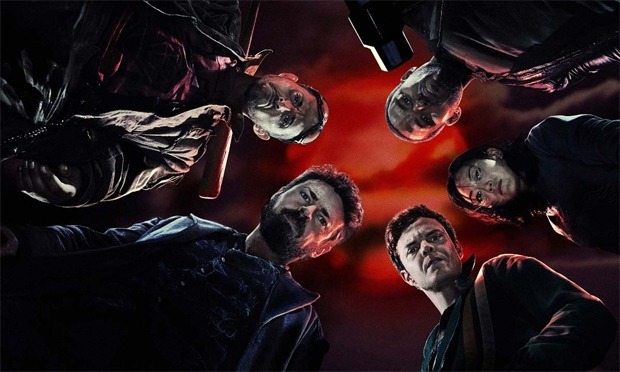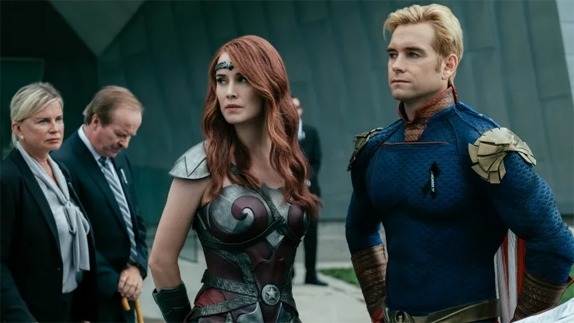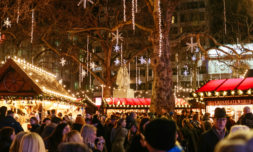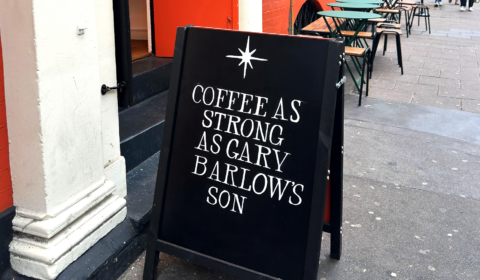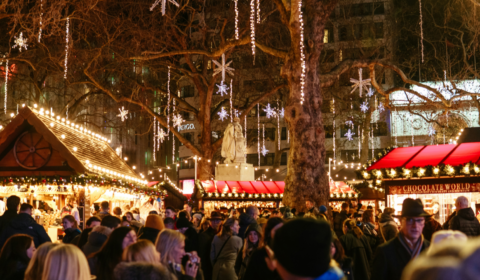The Boys is a well-produced, well-acted, well-written show that made me want to stick my head in a blender.
Okay, so, before I begin let’s get one thing straight. The Boys is a good show. Both subjectively and objectively, I truly believe it is quality television acted to perfection with an amazing cast and great writers. However, watching it was somewhat akin to wilfully stabbing yourself in the eye with a grilling fork.
The show suffers from what I believe is a case of terrible contextualisation – it’s the right show that’s come along at exactly the wrong time. Angling itself as an antidote to the over-saturation of the movie market with superheroes, The Boys overlooks the very reason superhero movies became popular in the first place.
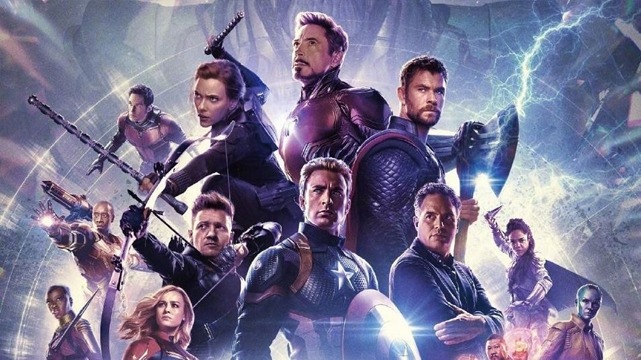
In a turbulent age where prevalent political narrative conspire against us, Marvel and DC tried to provide escapism through hope.
The Boys, with its relentless cynicism, shoots its foot to spite its face. In its rush to seem like the antithesis of the superhero genre it holds a mirror up to the world, and in doing so has all the effect of a fire alarm in an inferno. Its complete and utter lack of optimism makes you feel you may as well have just looked out the window for a similar sense of despair.
The Boys is the second TV adaptation of a Garth Ennis comic book, the first being the widely successful Preacher (the fourth and final season of which is currently airing). It takes place in a world where pop culture, both real and fictional, is dominated by the so-called ‘super-abled’. ‘Supes’, who only exist in the US for reasons that nobody seems to question, are a mega-successful franchise, controlled and managed by sinister corporation Vought. This makes the Supes revered celebrities, and Vought extremely rich.
Unlike in traditional superhero lore, in this world gaining extraordinary abilities doesn’t automatically realign your moral compass to good. Just like regular people, the Supes sometimes have the inclination to engage in illegal activities ranging from rape, to theft, to murder.
And, unlike regular people, they have both the means to easily pull these things off, and the corporate value of their public image to protect them from the consequences.
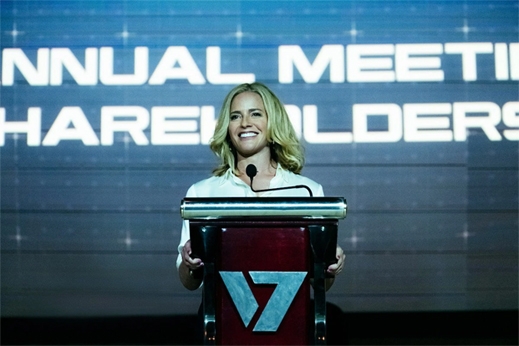
For the characters of The Boys, believing in anything makes you a sucker. Those superheroes there to save you? They’re tools of a huge corporation that’s focused on money and control. Supes are a sign from God? Nope, again, that was just Vought injecting babies with a drug that gave them powers in order to create a new commodity in the defence market.
There is no one involved in the cultivation or management of superheroes who seems to care about the people they’re supposed to be saving. And, what’s worse, the show emphasises that if the human characters were given the opportunity for transcendent powers, they’d be no better than the people they’re fighting.









